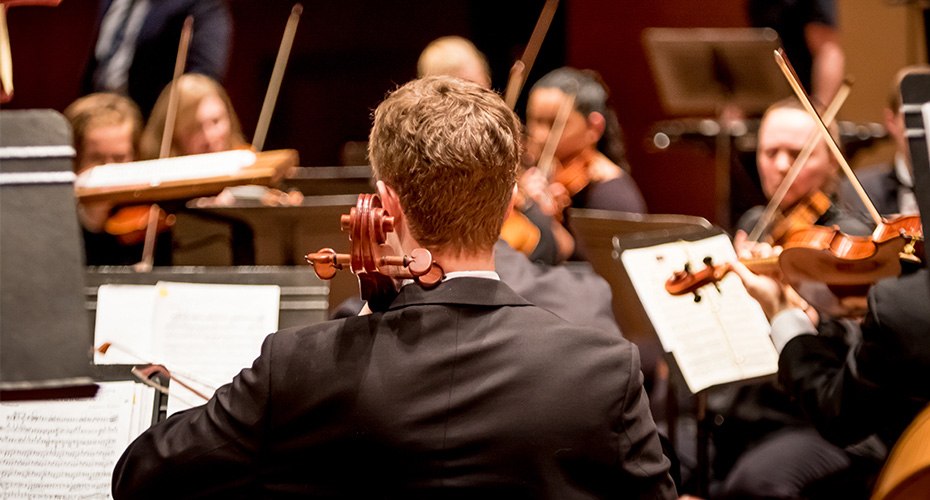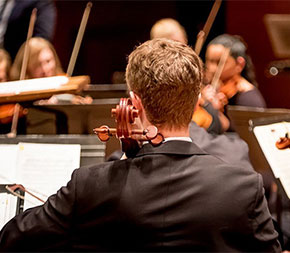Here’s How to Become a Music Teacher


Music teachers at elementary and secondary public schools are a special breed. Those who choose to become a music teacher are specially educated in their subject and credentialed as teachers. But while most teachers instruct several subjects to students at one grade level, music teachers usually teach a variety of classes to students of all ages in their school.
Elementary music teachers usually teach general music classes, in addition to instructing students in singing, reading music, playing instruments or music appreciation. Older secondary students often have courses in more specific areas, such as choral groups or jazz and marching bands. Post-secondary music professors usually teach specific subjects such as piano and voice. They also often give one-on-one lessons for specific instruments, such as piano or violin.
What You’ll Do When You Become a Music Teacher
As with any teaching job, some students will pick up concepts faster than others. Patience, a sense of humor and relentless focus are all good qualities for music teachers to possess. As you move toward becoming a music teacher, you will be responsible for performing some of the following activities:
- Assigning and evaluating lessons
- Preparing, administering and grading tests
- Critiquing oral presentations and performances
- Preparing report cards
- Upholding classroom discipline
- Meeting with parents to discuss student progress
- Maintaining classroom instruments
- Organizing student musical performances
- Preparing students to participate in music competitions
Work Environment
A typical day teaching music may begin with a general music education class for 3rd and 4th graders. The next hour may involve teaching a group of 6th graders how to read soprano, alto, tenor and bass singing parts in choir class. The music teacher may also spend an hour monitoring recess, then return to the classroom for band practice with students from many grade levels. Once you become a music teacher your day will be comprised of a variety of students and environments, from classroom to performance hall.
In private schools, smaller classrooms and more motivated students may be a draw if you want to teach music. Both private and public school teachers can easily supplement their incomes by teaching music classes and private lessons in the community. Many teachers keep up this kind of instruction over summer and holiday breaks in order to earn extra money.
Degrees and Certification
In most states, teachers must have a bachelor’s degree as well as a teaching certificate in order to teach music. Many people who become a music teacher complete a BA in music and then go on to complete a master’s degree in education as well as a teaching certificate examination.
Teachers are often required to take continuing education courses to keep up with teaching techniques and approaches. Becoming a member of an organization such as the National Association for Music Educators, the Music Teachers National Association or an affiliated organization in your state will help you network with other teachers, find out about conferences and jobs, and stay current on news in your field.


